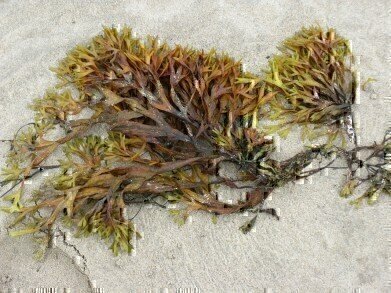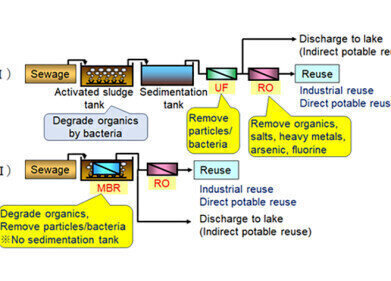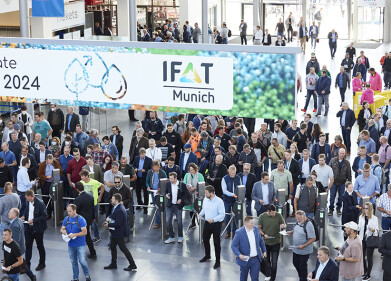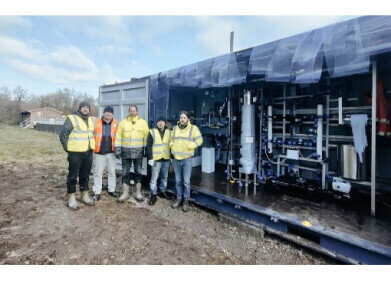Water/Wastewater
Is Seaweed the Key to Tackling Plastic Pollution?
Jan 10 2019
The problem of plastic pollution in our seas and oceans is one of growing concern. In fact, a 2015 study found that there were 5.25 trillion pieces of plastic in our ocean at the time - and that figure can only have increased in the intervening years. Killing animals and destroying habitats, plastic has become a major blight on all kinds of marine life all over the world.
With that in mind, the scientific community has been investigating novel ways to tackle plastic pollution for some time. Over in Indonesia, one small start-up has struck upon an ingenious method of circumventing the persistent material - through seaweed. David Christian, an environmentally-minded entrepreneur and co-founder of eco-company Evoware, believes that using seaweed to create packaging and other products normally made from plastic could alleviate the problem.
Conservationism begins at home
Christian, a native of Indonesia, only began to wake up to the huge environmental consequences of plastic pollution after spending time in Canada during his studies. However, this newfound knowledge alerted him to the fact that his home country was one of the worst offenders on the planet. Indonesia is the second largest contributor of plastic waste in the world behind China, mismanaging some 3.2 million tonnes of plastic waste per year, 1.29 million of which ends up in the sea.
Keen to make a difference, Christian investigated new methods of replacing packaging with eco-friendly alternatives to plastic. His solution is seaweed, which is not only 100% biodegradable (and in some grades edible too), but also offers a range of other benefits. It works as a natural fertiliser for plant life, contains important nutrients for human development, dissolves in warm water and is halal certified. As such, it represents an attractive proposition for packaging manufacturers looking to move away from plastic, as well as providing commerce for local fishermen.
No silver bullet
Despite its host of advantageous attributes, the seaweed packaging is not yet as cost-effective to make as plastic is. While Christian and his company are investigating ways of automating the manufacturing process, he still estimates that it will likely cost around 30% more than single-use plastic. As such, he stresses that it should not be seen as a cure-all panacea to the plastic pollution problem, but rather one part of a multipronged approach to cleaning up our seas and waterways.
More innovative and technological solutions to the problem may well be required, such as the unlikely combination of forensic science and artificial intelligence being explored at Staffordshire University in the UK. However, Christian believes that perhaps the most important factor will be political, corporate and individual will to address the root cause. “We need to engage to everyone - the government sector, the private sector, end customers,” he explains. “By doing this we can really solve the problem, because it's a huge problem. We need to all come together and then try to solve the problems together.”
Events
May 05 2024 Seville, Spain
May 13 2024 Munich, Germany
May 23 2024 Beijing, China
May 23 2024 Beijing, China
Jun 10 2024 Algiers, Algeria













